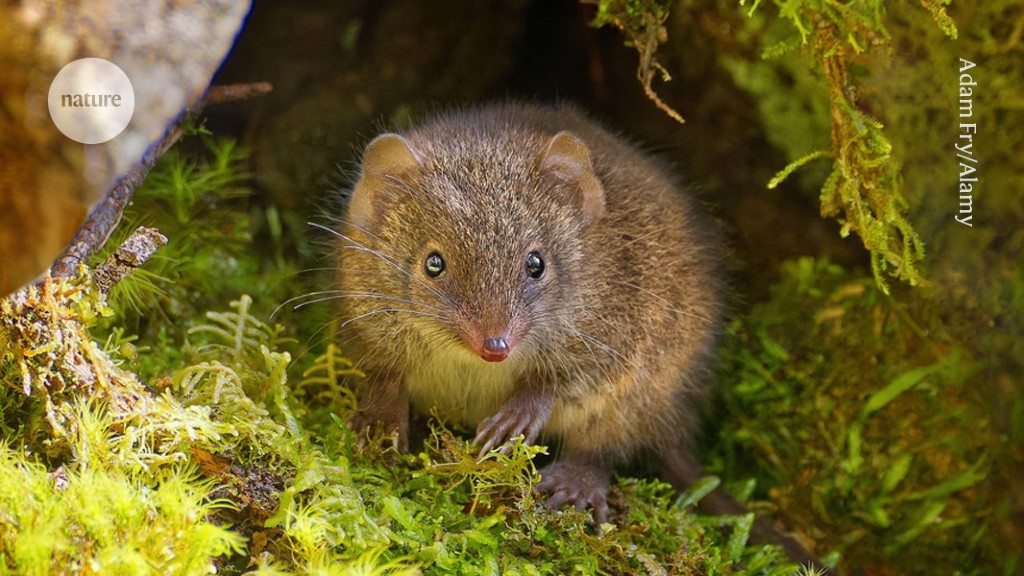
Male antechinus are small marsupials that live in Australia. During their breeding season, they forgo sleep to mate with every female they can and then die en masse. This behavior is unique among mammals as most animals need both sleep and reproduction to survive. The study found that male antechinus moved around much more during the breeding season than non-breeding males, on average 20% lower sleep time per day compared with non-breeding season. One male's sleep time was over 50% lower. This behavior is thought to be driven by strong sexual selection and a need for genetic diversity in the population.


